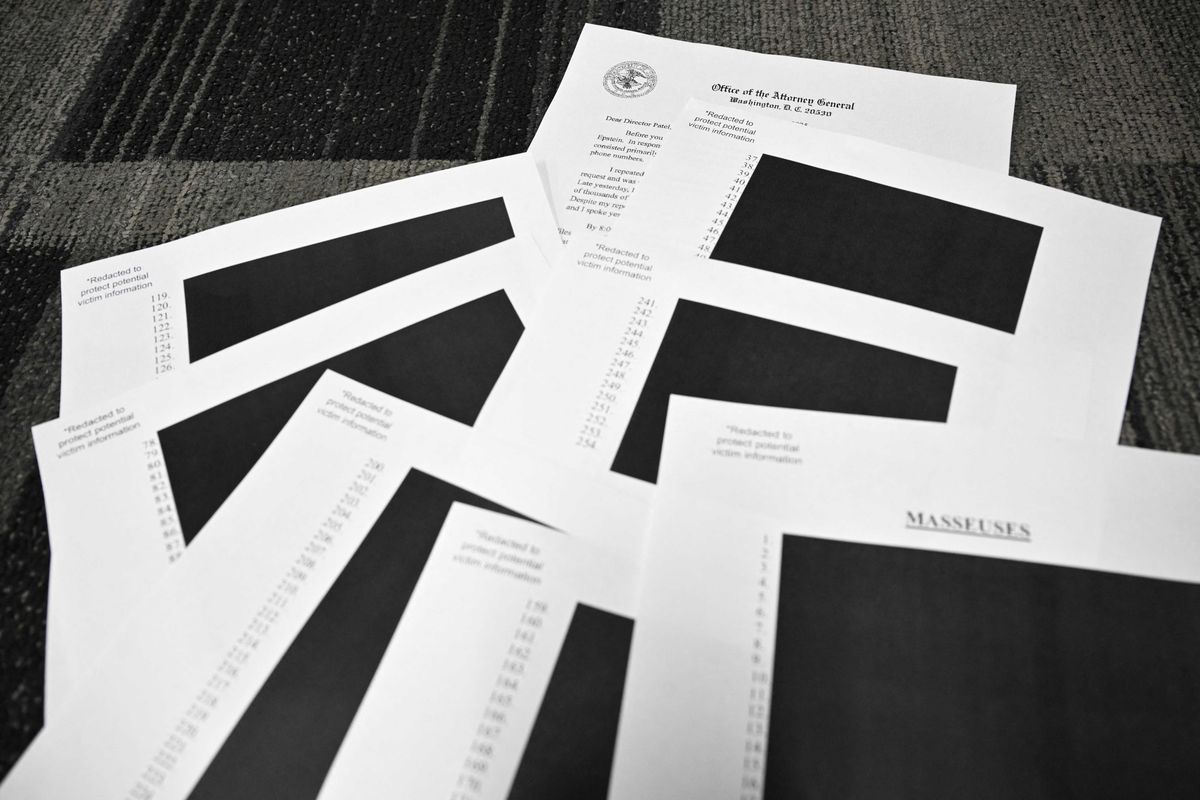News
Dina Rickman
Oct 16, 2014

Oxford University has released some sample interview questions to mark its admissions deadline closing.
Rather than having definitive answers, the questions are designed to see how applicants think and respond to new ideas and concepts, and how they draw from their previous educational experience to do so.
As Oxford's admissions chief, Dr Samina Khan, puts it: "We know there are still lots of myths about the Oxford interview, so we put as much information as possible out there to allow students to see behind the hype to the reality of the process."
With that in mind, tutors did release some information on what would be a good answer, and you can test yourselves in the quiz below, which uses questions released by Oxford this year and last year. The questions are in biology, experimental sciences, history of art, PPE, history and modern languages.
Notes:
Question one is for modern languages. Oxford's Helen Swift says it isn't "a question on which we'd necessarily have expected the candidate to have reflected already; it would be the beginning of a conversation, which would start by breaking down the question itself and building up an answer gradually: what might we want to think about in making such a comparison? What elements of plot design or structure or character presentation might differ? Are there, in fact, salient differences? Is it a valid opposition to make?".
Question three is for PPE and was released in 2013. Interviewer Dave Leal of Brasenose College says it is designed to "help us to test a candidate's capacity to draw nuanced distinctions between concepts, and to revise and challenge their own first moves in the light of different sentences containing the key words. Discussion may well lead into areas which could crop up during a degree in philosophy, including questions in ethics, the philosophy of mind and of language".
Question four requires applicants to discuss a painting they have never seen before. If you have seen it the tutors move on to another painting or question.
With question five, memory and arithmetic depend on how easy it is to pronounce words - so it has nothing to do with the relative ability of Welsh people.
More: Which university is the best for student life?
More: Can you pass a UK citizenship test? Most young people can't
Top 100
The Conversation (0)













